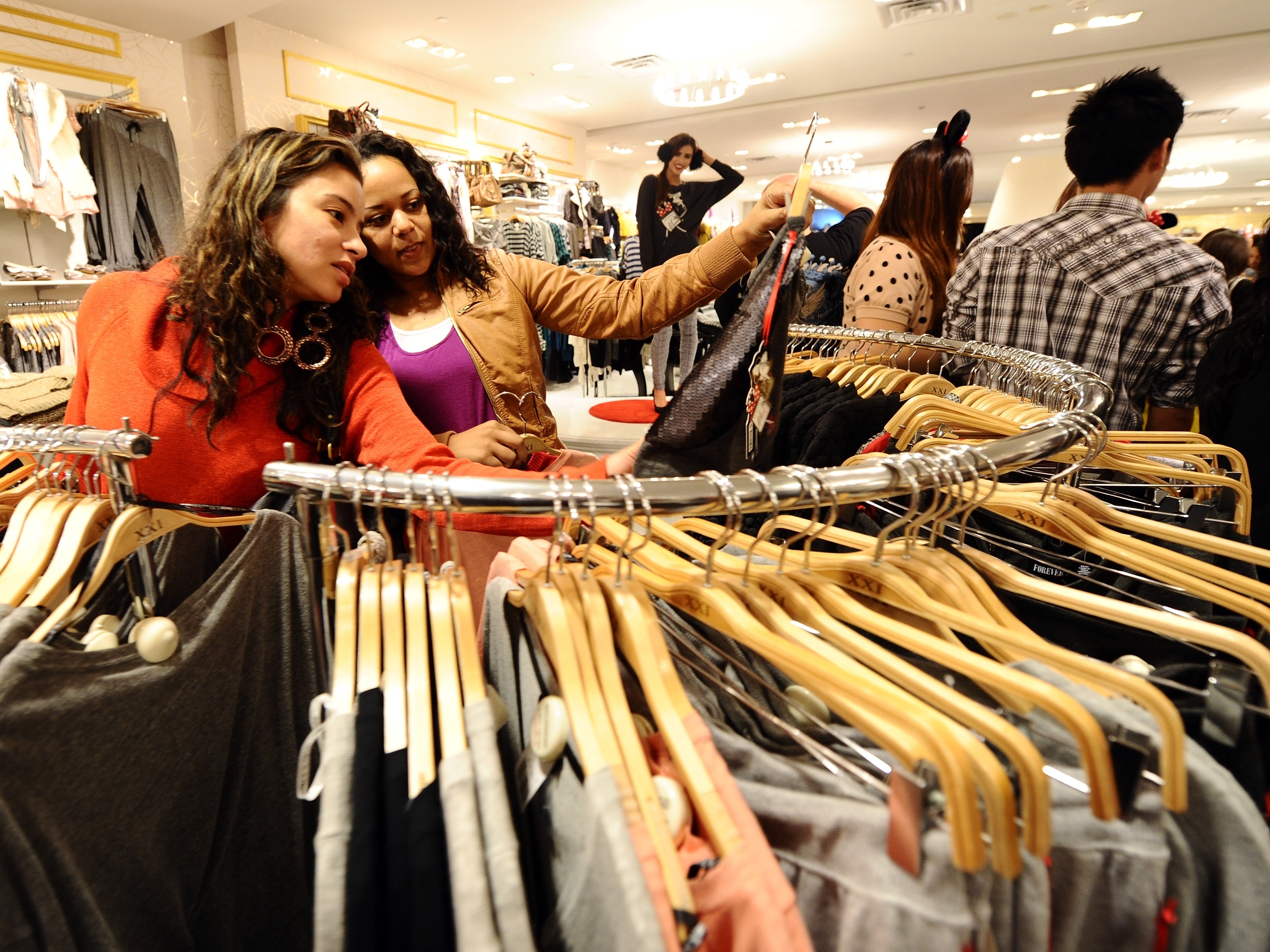Household Bills
Rain, inflation and salad shortages hit retail sales

UK retail sales fell 0.9% between February and March 2023, according to the Office for National Statistics.
Non-food stores sales volumes fell by 1.3% in March 2023, following a rise of 2.4% in February, with feedback from retailers that poor weather conditions throughout most of the month affected sales.
The Met Office’s monthly climate summary reported that the UK had 155% of average rainfall for the month, making it the sixth wettest March on record since 1836.
Non-store retailing (predominantly online retailers) sales volumes fell by 0.8% in March 2023, following a rise of 0.3% in February 2023.
Food store sales volumes fell by 0.7% in March 2023, following a rise of 0.6% in February 2023, which may have been affected by shortages of some food items.
Data from the ONS for the period 8 to 19 March 2023 reported that 26% of adults experienced shortages of essential food items that were needed on a regular basis. This is an increase from 18% in the period 8 to 19 February 2023.
More than a third of adults (36%) also reported that they could not find a replacement when the items they needed were not available (8 to 19 March 2023). This proportion increased from 25% in the previous month (8 to 19 February 2023).
Within non-food stores, department stores and clothing stores sales volumes fell by 3.2% and 1.7% over the month.
Other non-food stores, such as jewellery stores and garden centres, fell by 0.6% in March 2023. This follows strong growth in February 2023 (2.9%) because of second-hand goods stores.
Household goods stores sales volumes rose by 0.1% in March 2023, following a fall of 1.1% in February 2023.
Retail sales volumes in March 2023 were 3.1% lower than the same month last year and 0.7% below their pre-coronavirus February 2020 level.
Cost-of-living crunch
George Lagarias, chief economist at Mazars, said: “Up to now, UK consumers have been resilient and kept the economy afloat. However, this is changing. Persistent inflation outweighs wage gains and keeps eroding disposable income. UK growth has been lagging its G7 counterparts, and we expect that it will continue to do so for the medium term, as the country strives to redefine its place in a post-Brexit world.”
Nicholas Hyett, investment analyst at Wealth Club, said: “The retailers surveyed by the ONS put the worse than expected slump in retail sales down to a combination of poor weather and the salad shortages of early March. That may be a contributing factor, but in the longer term we think inflation and the cost of living squeeze is the driving force.
“This is the tearaway inflation of the last year at work, squeezing wallets even as consumption falls in real terms. The Bank of England is keen to get it under control, and will probably raise interest rates at least once more to get the job done. It’s a delicate balance though, raise rates too far, too fast spending could head south fast. That wouldn’t be good news for anyone.”